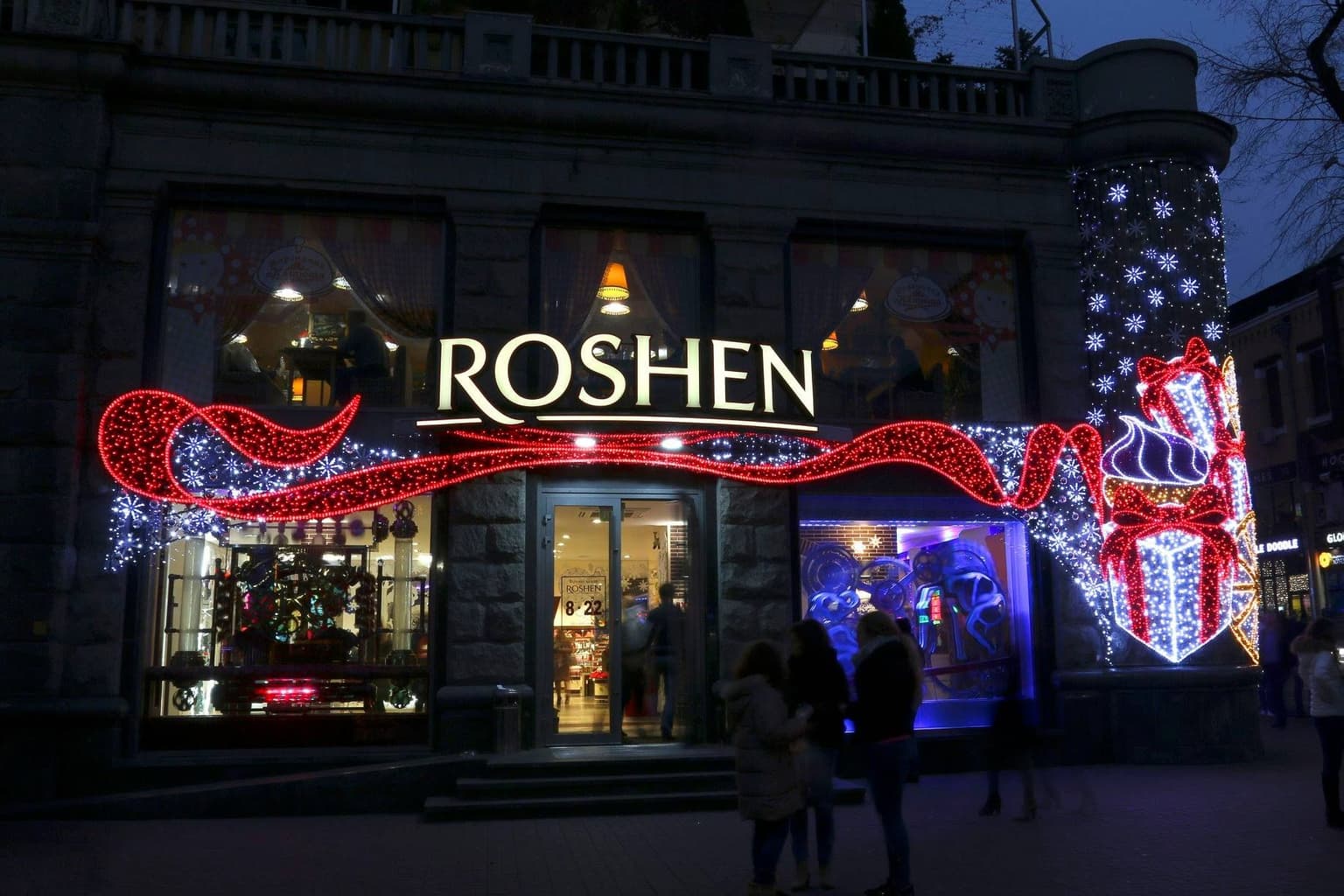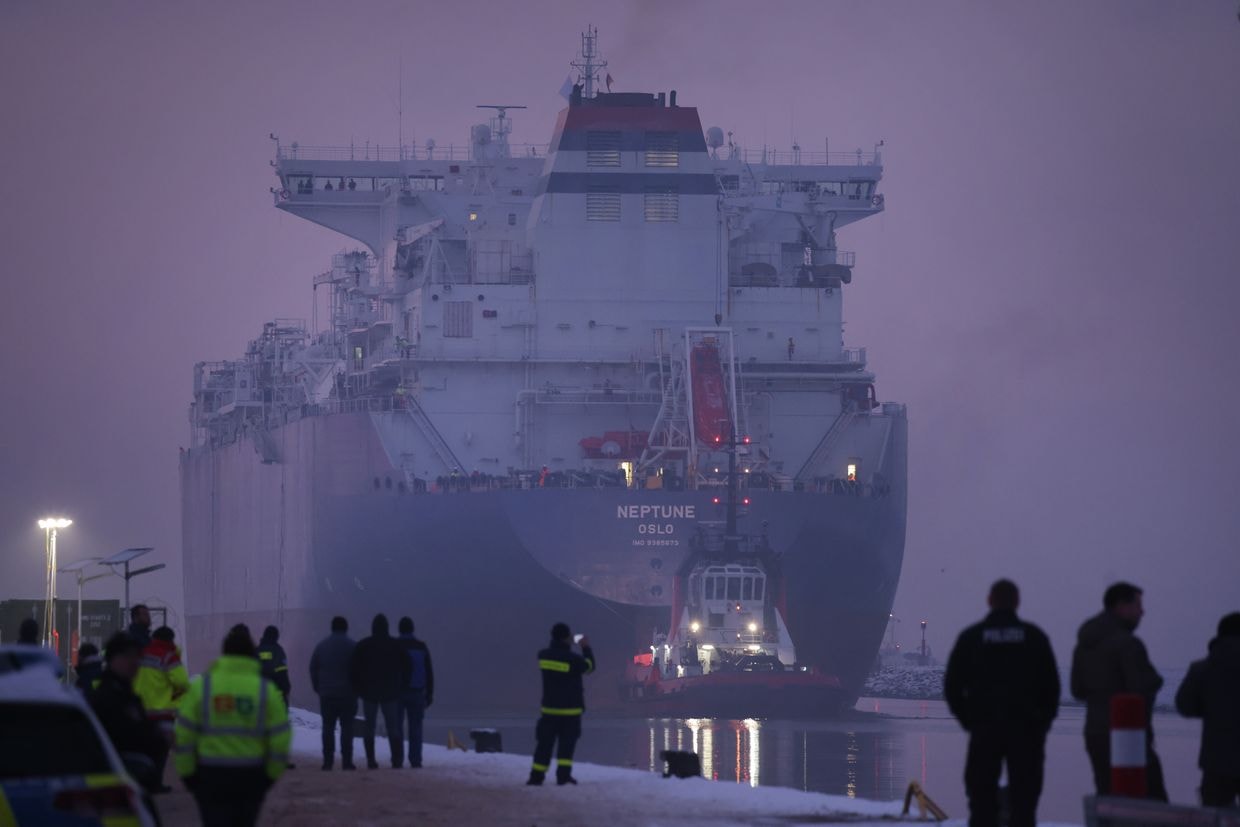Poroshenko family's companies fined Hr 283 million by Anti-Monopoly Committee

Confectionery companies belonging to the family of former President Petro Poroshenko have been fined Hr 283.6 million ($10.4 million) by the Anti-Monopoly Committee (AMCU) for alleged anti-competitive behavior.
Poroshenko used to be a long-time owner of this group of confectionary companies known under the brand Roshen. He transferred the ownership to his elder son Oleksiy Poroshenko in 2019.
In a Dec. 21 statement, the committee said that the companies, Interstarch Ukraine, Dniprovsky Starch and Syrup Integrated Plant, and Intercorn, tampered with the prices of corn and glucose syrups on the market.
The enterprisers were accused of unjustified price hikes on syrups in April-June 2018, February-March 2019 and October 2020. The companies also set different prices for different buyers without a good reason, the committee stated.
In response, the companies said that the regulator's conclusions are "unreasonable and unfounded." They consider this move to be "political prosecution" of Poroshenko.
A day earlier Poroshenko was charged with high treason in a case regarding the organization of coal supplies to Ukraine’s state-owned enterprises from Russian-occupied areas in the Donbas in 2014-2015. Poroshenko called the charges politically motivated.
According to the Anti-Monopoly Committee, the companies together dominate the syrup market, controlling 65.5% of it in 2018, a whopping 93.9% in 2019 and 79.8% in 2020. They’re also the only producers of cornstarch in Ukraine, controlling 74.3% of the market in 2018 and 96.79% in 2019. Importers were their only competitors in the past several years.
“The group had market power, which came through in its ability to set its own terms for sales on the domestic market, maintain a non-transparent, systemless pricing policy with its counterparties, and pursue policies to maintain its monopoly position,” the committee stated.
At times, Roshen allegedly set arbitrary prices for individual buyers -- one buyer was given low prices to prevent them from switching suppliers, according to the regulator.
Roshen was also accused of being behind initiatives to effect the 2019 ban on the import of syrup and starch products from Russia.
The group of companies related to Roshen is a vertically integrated business with enterprises for every part of the product's production cycle, from growing corn to making candy.










